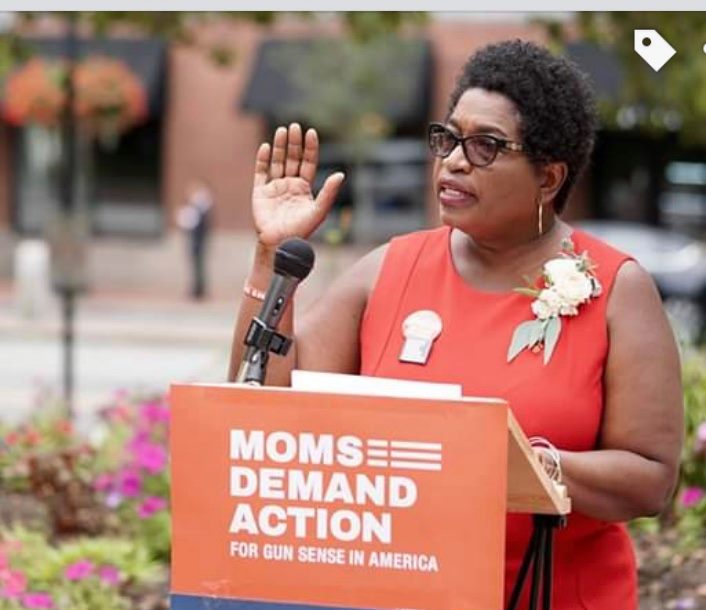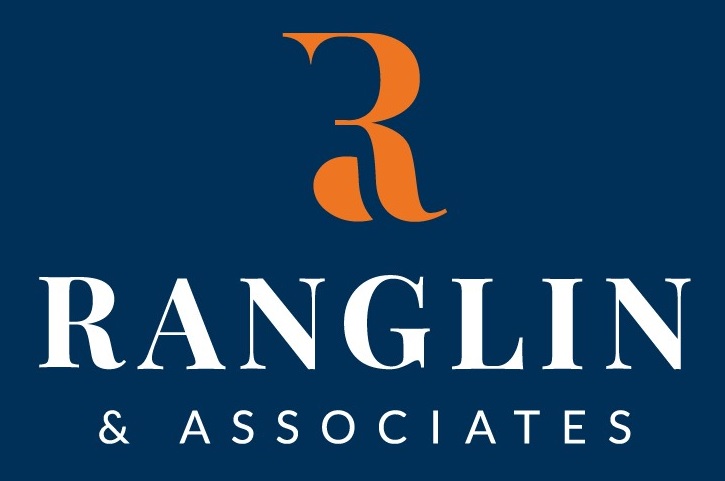Who is Marcia Ranglin-Vassell
Marcia Ranglin-Vassell is an author, poet, and a compassionate and transformative leader. Her lived experiences growing up in poverty, surrounded by gun violence, and her stubborn determination to overcome those obstacles, have thrust her into the spotlight as a dynamic leader and role model. Marcia brings decades of experience as a General and Special Education Teacher as well as a Community Health Educator in urban settings.
She is a sought-after and respected public speaker both for events and in news media outlets. She is a credible voice on issues of education, poverty, race, class, gender, and socio-economic status. She is known for elevating issues that are often omitted from public dialogue, but which are critical to upward mobility for poor and middle-class children and families.
Marcia is a graduate of St. Joseph’s Teachers’ College, Kingston, Jamaica as well as Rhode Island College and Providence College, respectively.

Ranglin-Vassell has a passion for service and abhors injustice. Her work has earned her numerous awards including: The Dr. Rose Butler Browne Award for working with Disadvantaged Populations from Rhode Island College, Women of Achievement Award from YWCA of Northern Rhode Island, Excellent Leadership Award from African Heritage Women in Education and Empowerment, and the Excellence in Education Award from her Alma Mater, Yallahs High School.
My Voice: My Power
Marcia believes in the power of using our voices to impact change. She connects the dots in a candid and factual way. Marcia is unafraid and unapologetic in her quest and fight for justice and equality. She speaks the truth and often makes us uncomfortable. She is among the most respected and admired individuals in Rhode Island and her reach goes beyond the perimeters of the Ocean State. She is kind, eloquent, and often has self-deprecating humor. Marcia captivates her audience and influences actions when she speaks on issues relating to:
Topics:
- Community Empowerment
- Creating a Just Community – An Anti-racist Approach
- Education Equity & Inclusion
- Food Insecurity
- Health Access and Education
- Owning Your Space-Using Your voice
- Systemic Racism, Structural Poverty, and Colorism
- Trauma Informed Practices
